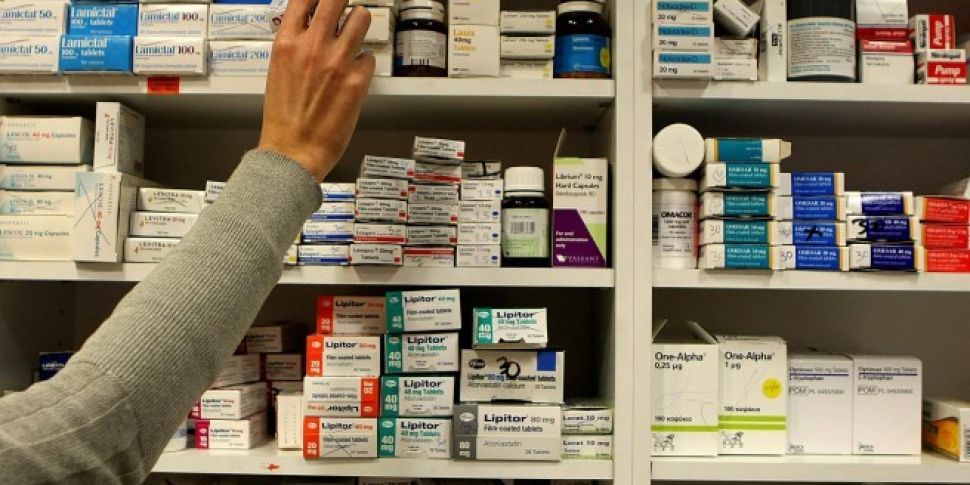The use of antibiotics when they are not needed is creating "one of the most dangerous global crises facing the modern world today," a new campaign in the UK is warning.
Public Health England (PHE) has launched the new "Keep Antibiotics Working" campaign to tackle the growing resistance to the drugs.
TV and radio adverts and posters have been produced to discourage patients from asking their GPs for antibiotics as the busy winter period approaches.
Professor Paul Cosford, medical director at PHE, said: "Antibiotic resistance is not a distant threat, but is in fact one of the most dangerous global crises facing the modern world today.
"Taking antibiotics when you don't need them puts you and your family at risk of developing infections which in turn cannot be easily treated with antibiotics.
"Without urgent action from all of us, common infections, minor injuries and routine operations will become much riskier."
Resistance
It is estimated that 5,000 people die every year in England because antibiotics no longer work for some infections.
Genevieve Barnott Jones has a lung condition called bronchiectasis, which means she regularly gets infections. Some cannot be treated with any type of antibiotic.
She travelled to Georgia to access new types of treatment.
"It's quite a big threat to not only people's health but people are dying from antibiotic resistance so it's a serious problem and I'm really glad that they're finally starting to address it," she said.
"I was in hospital with people who have the same problem and they're not old people, or very vulnerable people, it's just ordinary people like you and me suddenly falling victim to what's almost like an unknown plague."
Post-antibiotic apocalypse
England's Chief Medical Officer, Professor Dame Sally Davies, has already warned of a "post-antibiotic apocalypse," where antibiotics no longer work for serious infections.
"Without effective antibiotics, minor infections could become deadly and many medical advances could be at risk - surgery, chemotherapy and caesareans could become simply too dangerous," she said.
"But reducing inappropriate use of antibiotics can help us stay ahead of superbugs.
"The public has a critical role to play and can help by taking collective action."
Antimicrobial resistance
Antimicrobial resistance occurs when bacteria changes in such a way that the medication used to treat them - in this case antibiotics - becomes ineffective.
The Government wants to see the number of prescriptions handed out by GPs drop by 50% by 2020/21 to help combat the threat from resistance.
Meanwhile, scientists have found a bacterial "Achilles heel" that may help overcome antibiotic resistance.
The target is an enzyme relied on by many bugs to destroy beta-lactams, a common kind of antibiotic.
The scientists found that a combination of two enzyme-inhibitors and the antibiotic aztreonam was able to kill some of the most resistant bacteria known.
Dr Matthew Avison, from the University of Bristol's school of cellular and molecular medicine, said: "At the risk of sounding like King Canute, it is the first time for a decade that there is some genuine positivity about our ability to turn back the rising tide of beta-lactam antibiotic resistance."
Reporting from IRN ...









